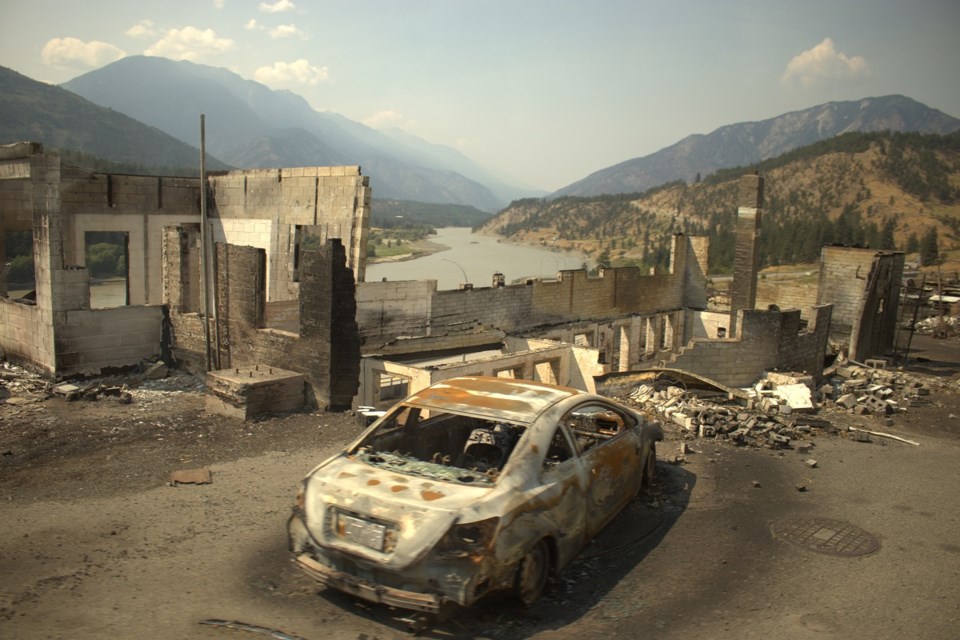The federal government will send B.C. a $207-million advance payment to help build back infrastructure and communities hit by the 2021 wildfires.
“Today’s announcement is an interim payment,” said Bill Blair, federal Minister of Emergency Preparedness, noting B.C. made a $414-million request to build back from last year’s fires.
The money was funnelled through the Disaster Financial Assistance Arrangements and was announced at a joint press conference after Blair and Mike Farnworth, B.C. Minister of Public Safety and Solicitor General, met for the fourth time as part of the committee convened to help B.C. build back in the face of climate-driven floods, heat and fire.
Prime Minister Justin Trudeau and B.C. Premier John Horgan announced the establishment of the Committee of British Columbia and Federal Ministers on Disaster Response and Climate Resilience after historic flooding knocked out highways and flooded several communities, including in Abbotsford’s , Merritt and Princeton.
Up the Nicola River from Merritt, flooding pulled entire homes and the ground they stood into the fast moving water as residents fled. Combined with wildfire that tore across the territory months earlier, today, the land remains a barren reflection of itself.
"We won't see that forest back, not in my lifetime," Chief Arnie Lampreau of the Shackan Indian Band recently told the Canadian Press.
"The whole scene of our existence in Shackan, it is changed forever."
Indigenous Services Canada is also providing about $900,000 in funding to help Shackan, along with the Coldwater, Cook’s Ferry and Nooaitch Indian Bands, cover the costs of assessing flood risks.
“Some of the First Nation reserves lost all of their land. It was simply washed away by the overflow of water in that event,” said Blair. “And so there is a very complicated process that needs to be undertaken to assist them in acquiring the land that they require.”
Blair said that the governments expect that more money will go to those communities once the land assessment processes are finished.
The federal minister added the release of a new national flood insurance program remains under development but would be released “shortly.”
When asked if the provincial and federal governments are moving fast enough to help communities like Lytton, B.C. — which lost 90 per cent of its infrastructure and its downtown core in a wildfire only a day after setting a national temperature high of nearly 50 C — Farnworth acknowledged the slow pace has been challenging for residents.
“It’s frustrating for people in Lytton,” he said. “We totally understand that. The community is completely destroyed.”
Part of the challenge, said Farnworth, lies in rebuilding the community’s entire municipal infrastructure.
Noting debris removal is underway, Farnworth added that the province is helping pay for archaeological work in the old community and has given the municipal government $18 million to continue functioning.
He said the province would also support the rebuilding of key infrastructure like the RCMP station, health centre or municipal hall.
Farnworth said he expects the physical rebuilding of the town to begin in September 2022.
“We want people back,” he said. “The reality is recovery takes time. It can take quite a bit of time.”





